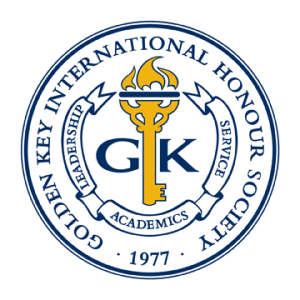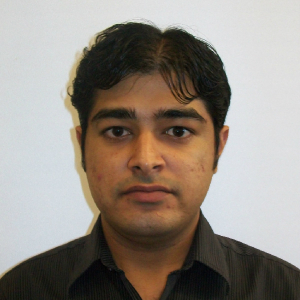Narayan Das Khatri, a Ph.D. student in the UH department of Mechanical Engineering, received a Graduate Scholar Award from Golden Key International Honour Society. The $10,000 scholarship is awarded twice a year and was given to 10 students around the world for spring 2013.
Golden Key comprises more than 400 chapters globally, promoting a high standard of scholastic performance. The Graduate Scholar Award is Golden Key’s premier scholarship award, with criteria emphasizing high achievement in academics, leadership and service.
Khatri was inducted into Golden Key in the fall of 2009, and became the graduate vice president of the UH chapter of Golden Key in January 2011. During Khatri’s term as VP, the UH chapter maintained Gold Status and successfully hosted a summit for the southwest Region 7 of Golden Key. In June 2012, Khatri was elected as a representative of the student body of all Golden Key chapters in Region 7, with the opportunity to interact with many student leaders across the region.
“I am deeply humbled and honored to receive the Golden Key Graduate Scholar Award and would like to thank Golden Key and University of Houston Golden Key Chapter for this,” Khatri said. “This award is indeed recognition of the campus and community around me who helped me make this happen. I believe this would not have been possible without the support of so many of my friends, colleagues, and professors who have been with me for the past few years.” Khatri encourages others to join organizations such as Golden Key to find high-quality opportunities for academic and professional advancement.
Khatri works under the guidance of M.D. Anderson Chair Professor Venkat Selvamanickam in Materials Engineering. The focus of Khatri’s research is rare earth cuprate high temperature superconducting (HTS) materials. HTS materials carry electricity without electrical resistance, resulting in zero energy loss during transport, and potentially impacting all aspects of energy, including transmission and storage. At UH, Professor Selvamanickam’s group studies thin HTS films grown, by Metal Organic Chemical Vapor Deposition (MOCVD) method, on biaxially textured flexible substrates. With the introduction of nano-scale defects, current carrying capacity of HTS materials can be significantly improved in an external applied magnetic field, as these defects pin the magnetic flux lines from moving, which otherwise would hinder the current flow. The group recently developed a new method of introducing long-length pre-fabricated nanodefects into the superconducting materials. This method is different from the conventional method where the nanodefects are grown in-situ (during the superconducting film deposition process) rather than ex-situ (pre-fabrication, prior to superconducting film deposition). Because of pre-fabrication, this method provides the opportunity to control the nanodefects parameters such as diameter, length, spacing between nanodefects and their orientation.
Khatri is also studying the nucleation and growth mechanism of superconducting film to understand the role of substrate morphology in the growth of superconducting films. The group is examining which secondary phases are grown in stages of the growth process, and how they may be controlled. The secondary phases have significant influence on current carrying capacity of HTS materials, and adversely affect the performance of HTS.

